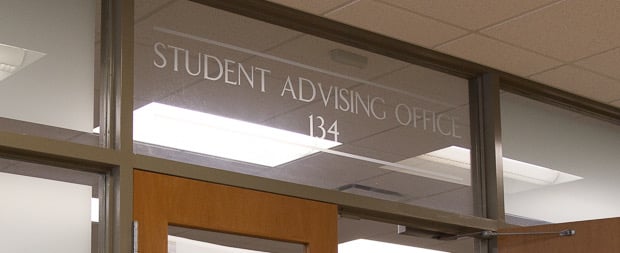College of Education Summer Research Development Fellowships are funded by the Graduate School at Michigan State University and are intended to support very early stage Ph.D. students in developing their research skills and approaches.
Eligibility:
- Full-time, residential doctoral students are eligible if they will have finished one (and only one) year of doctoral study at MSU by May 2026.
- Part-time and/or non-residential doctoral students are eligible if they have completed no more than 18 credits by May 2026.
- Students who are receiving a University Distinguished Fellowship (UDF) are not eligible for the SRDF because they are already funded during the summer after their first year by their university fellowship.
Terms of award:
- $7000 fellowship, funded by the Graduate School and disbursed by the College of Education during Spring or Summer semester.
- Under federal law, a student must be enrolled in at least one credit during the semester they receive the fellowship*.
- The SRDF supports two months of full-time work during the three-month summer.
- Students may work and take classes while on an SRDF (this has been permitted since Summer 2021).
- Students who cannot commit to the equivalent of two months of full-time work due to other commitments (i.e. full- or part-time work) should contact the Office of Academic and Student Affairs when accepting the fellowship or when they become aware so it can be pro-rated.
- Students are expected to submit a short report by the end of summer, Friday August 14, 2026, summarizing their accomplishments.
- Beginning summer 2026, the College is changing from supporting students’ research with individual faculty mentors to providing focused workshops and facilitated writing groups in which recipients are expected to participate. Additionally, all recipients are expected to deliver a short presentation on their research at the end of the summer.
Submission, selection, and key dates:
- Students submit an application to the College by Friday, January 16, 2026, at noon.
- Members from each department will read and rate all applications for their department. Awards are made based on the average ratings and resulting rankings.
- The Office of the Associate Dean for Academic and Student Affairs selects recipients based on departmental ranking and allocation of fellowships across the College.
- By the end of February, the Office of the Associate Dean for Academic and Student Affairs notifies recipients and departments/programs of decisions.
- After final selections are made and decisions are issued, departments will provide all applicants with feedback about their submissions that will address strengths and also areas for improvement/ questions to consider.
- Departments are strongly encouraged to provide feedback in alignment with selection criteria used by raters.
Type of work to be funded:
- The SRDF may be used to develop an appropriate research question, identify or customize methods to pursue a good question, prepare an effective literature review, perhaps collect initial data, or a combination of these. It is not common for a student to be completing a project or publication after their first year, but that work is also eligible under this award.
- The SRDF is intended to support a student’s original work or, possibly, a piece of a larger project assigned exclusively to the student. The SRDF does not support graduate research assistantship assignments.
- No student could be eligible for the SRF and SRDF at the same time; if a student is far enough along to have competed for the SRF in the fall, that student is by definition too far along to compete for the SRDF in the spring.
Application requirements:
- (1) Research proposal. Maximum 700 words (roughly 2-3 pages double spaced). The word count excludes frontmatter, appendices, and reference lists. The proposal should:
- Include in the beginning frontmatter: (a) student name, (b) year in the program, and (c) proposal word count.
- Not use a separate title page;
- Summarize the research skills to be developed and how they will be strengthened;
- Discuss prior research skill development by the applicant;
- Bear the file name: SRDF26Prop[Applicant’sLastNameFirstInitial].pdf.
- For example: SRDF26PropBowmanK.pdf.
- (2) MSU transcript for all PhD program coursework. Save the transcript as a PDF and attach it to the research proposal after the last page before uploading the proposal.
Selection criteria:
- Departments are welcome to develop specific criteria for rating proposals and share those with students in their department.
- Previously, evaluators across the College have considered criteria such as:
- Is the proposal well-written and well-organized?
- Does the author demonstrate an understanding of the field and its direction?
- How important are these skills/approaches in the field?
- Is the development of these skills/approaches likely to advance the student’s research significantly?
- Is the scope of the proposal appropriate (2 months of full-time work)?
- How strong is the student’s academic record?




